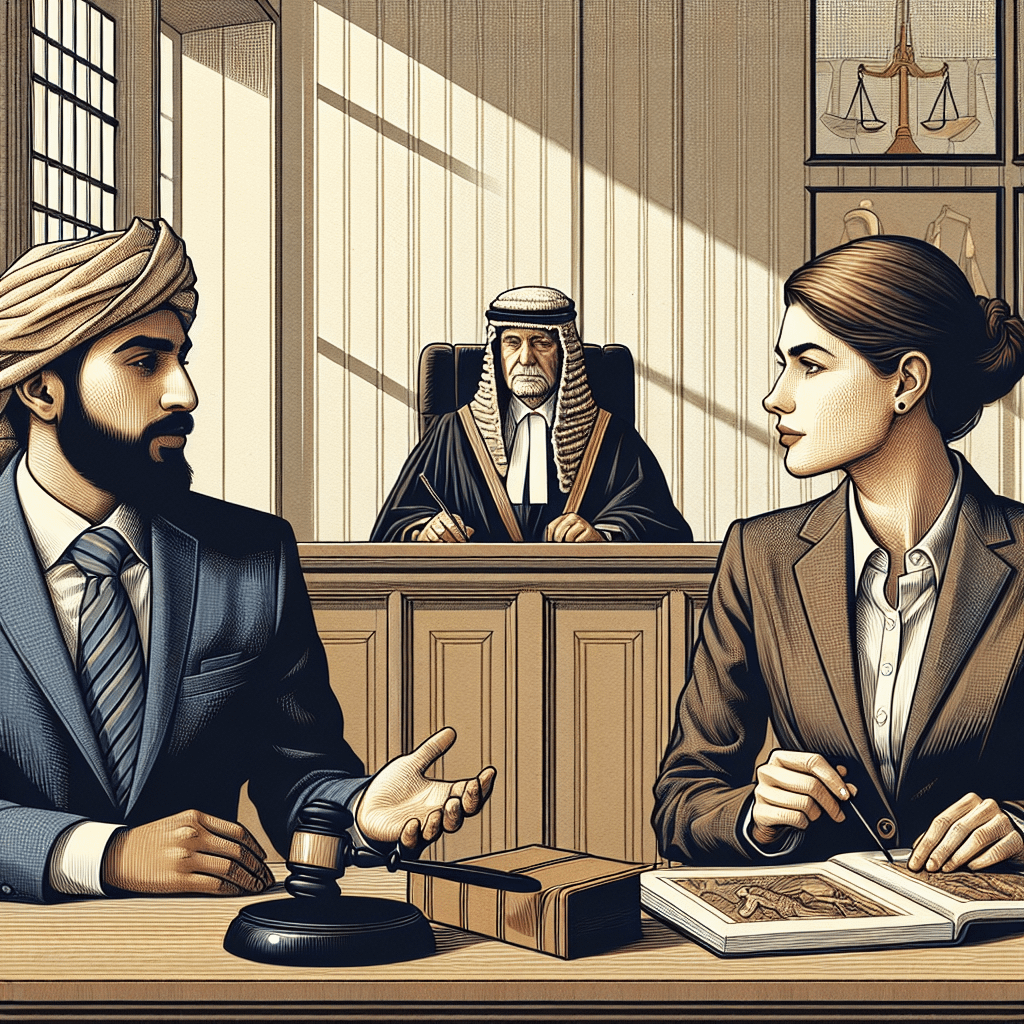Can Someone Be Prosecuted Over Art or Fiction?
Art and fiction are powerful forms of expression that can challenge, entertain, and provoke thoughts. However, they also stir debate about the limits of free expression and the potential for legal consequences. In Australia, creators might wonder: can someone be prosecuted over their art or fictional works? Let’s dive into this intriguing question by exploring scenarios and legal principles that come into play.
Understanding Freedom of Expression and its Limits
In Australia, freedom of expression is a valued principle, but it’s not absolute. Unlike some countries that have constitutional rights to free speech, Australia relies on implied protections from the Australian Constitution and various laws to safeguard expression. Even so, certain boundaries exist to balance public interest, such as laws against defamation, obscenity, and hate speech.
Defamation and Artistic Works
An important concern for artists and writers is defamation. Defamation happens when someone makes a false statement that damages another person’s reputation. This can include both written statements (libel) and spoken ones (slander). Art and fiction can potentially be defamatory if they portray real people negatively without a factual basis, even in a supposedly fictional context.
For example, if a novel features a character so closely resembling a real individual that readers could easily identify them and presents them in a harmful manner, that person might have grounds for a defamation claim. Artists must tread carefully, ensuring their portrayals of living individuals don’t unjustly harm reputations.
Obscenity and Censorship
Obscenity laws aim to restrict material that offends community standards, particularly content that could be considered indecent or offensive to minors. This can affect art and fiction that delve into adult themes. The Classification Board in Australia oversees the classification and potential restriction of such content.
Material deemed obscene isn’t always punishable by criminal law but might face restrictions like bans or reclassification. Creators should understand community standards and relevant classification guidelines, aiming to express themselves without crossing lines that lead to censorship or legal implications.
Hate Speech and Incitement
Australia’s laws are quite strict when it comes to speech that incites violence or hatred, especially based on race, religion, or nationality. Art and fiction that could potentially incite such reactions might fall foul of these laws. For instance, if a piece incites violence against a group, it could lead to criminal charges.
Creators, therefore, have a responsibility to avoid content that may promote real-world harm or discrimination. Striking a balance between tackling controversial issues and avoiding harmful rhetoric is key.
Satire and Parody – A Special Consideration
Satire and parody are forms of expression that are particularly sensitive. They often poke fun at individuals, institutions, and ideas. In Australia, there’s some protection under the umbrella of “fair dealing” exceptions to copyright infringement for satire and parody. However, this doesn’t grant immunity from other legal issues like defamation.
For instance, if a satirical work is deemed malicious or hateful rather than humorous, it might not be shielded by satire protections. Ensuring that satire clearly communicates its intent to entertain or critique without causing undue harm is crucial.
Tips for Artists and Writers
1. Research and Context: If your work involves real people or sensitive topics, thorough research can help in portraying facts accurately and responsibly. 2. Disclaimers: Consider using disclaimers to clarify that your work is fictional or exaggerated for artistic purposes. While not foolproof, they can help signal your intent to audiences.
3. Consult Professionals: If uncertain, consulting with a legal professional can provide clarity on what your work might risk in terms of defamation, obscenity, or incitement laws.
4. Community Standards: Be aware of prevailing community standards and guidelines from bodies like the Classification Board, especially if your work is intended for public release.
Art and fiction are essential for cultural and creative progress. Understanding the legal landscape can empower creators to express themselves freely and responsibly. By balancing creativity with legal awareness, artists and writers can push boundaries without crossing them into the realm of legality.








